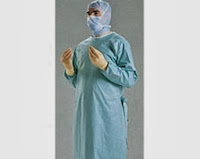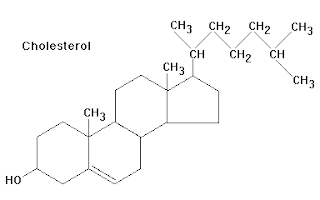We have long known about the healing and protective properties of honey. Doctors in our area make certain we set honey from our hives aside for them to purchase. The effects on allergies are profound.
We all bemoan the fact that a lot of commercial honey these days contains high fructose corn syrup and flavoring – and some products only appear to be honey as they contain no real honey at all.
Stories abound about how Asian honey is processed and sterilized of all traces of pollen. It may be sweet, but it lacks any therapeutic value.
I recall working in hospitals decades ago and we often used honey for treating wounds, especially bedsores and burns. Of course this stopped when the hospital was able to buy sterile, manufactured antibiotic creams.
Today I read about a study that compared honey and standard antibiotics as an antibacterial agent in peritoneal dialysis. The conclusion reported is that “Honey Shows No Advantages Compared to Standard Antibiotics in Trial on Patients with Kidney Failure”.
I conclude that the study itself may be flawed because the comparison was between an antibiotic and “…medical grade honey – produced by comprehensively sterilizing standard honey”.
Of course hospitals would insist on a sterile product, one that’s been processed and stripped of all its natural bacteria fighting elements.
 |
| What does STERILE mean? |
Who in their right mind would agree to allow doctors to use real, pure, unaltered honey to be applied in a sterile hospital setting (tongue in cheek – hospitals are in fact the least sterile environments)?
A superior treatment for infected wounds involves maggots. While at that same inner city hospital mentioned above, I personally witnessed the impressive cleaning that maggots perform on a poorly managed open wound. The maggots arrived on the wound by accident and were never used intentionally. Sad, because the emergency doctors were regularly singing the praises of maggot wound care.
Honey – real, unaltered honey – has many uses and probably works famously to treat the very problems the dialysis study seemed to want researched.
In the modern world, though, if honey is superior to a drug, or even equal to a drug, it would wreak havoc. The official stance is that only drugs can do those things. If honey also worked it would need to be thought of as a drug – and thereby regulated more tightly by the FDA.
Honey ought to be given a fair examination. However, as long as our system focuses on disease instead of health, it won’t.

In the modern world, though, if honey is superior to a drug, or even equal to a drug, it would wreak havoc. The official stance is that only drugs can do those things. If honey also worked it would need to be thought of as a drug – and thereby regulated more tightly by the FDA.
Honey ought to be given a fair examination. However, as long as our system focuses on disease instead of health, it won’t.
- Here is the article about the study: Honey shows no advantages compared to standard antibiotics in trial on patients with kidney failure.
- Here is a link to the study findings: Antibacterial honey for the prevention of peritoneal-dialysis-related infections (HONEYPOT): a randomized trial.


















